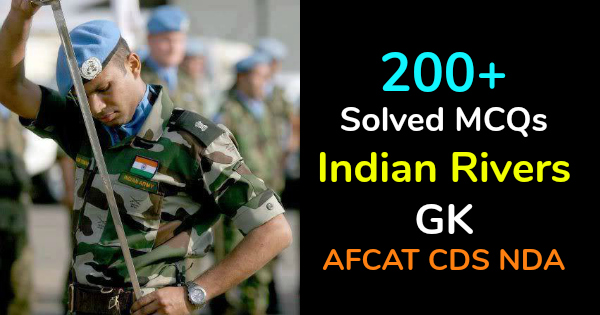
Indian Rivers General Knowledge eBook contains detailed theory, facts, data and GK questions and answers on Indian River System, in this ebook you will find easy to remember data based on Indian rivers and MCQs related to Indian river system which you may face in exams like UPSC IAS,IPS, IES, IFS, CDS, NDA, AFCAT, State-PSC, SSC, Railways and other competitive examinations.
Contains:
- Facts about Indian Rivers
- Rivers and Cities of India
- Rivers and Dams in India
- Rivers and their Origins
- Indian Rivers and Tributaries
- Ancient Names of Rivers
- Rivers and places of confluence
- Facts about World Rivers
- Cities and Rivers of the World
- Mouths of Rivers of the World
- Terminology related to Rivers
- Himalayan Vs Peninsular Rivers
- Indian Rivers MCQs Solved
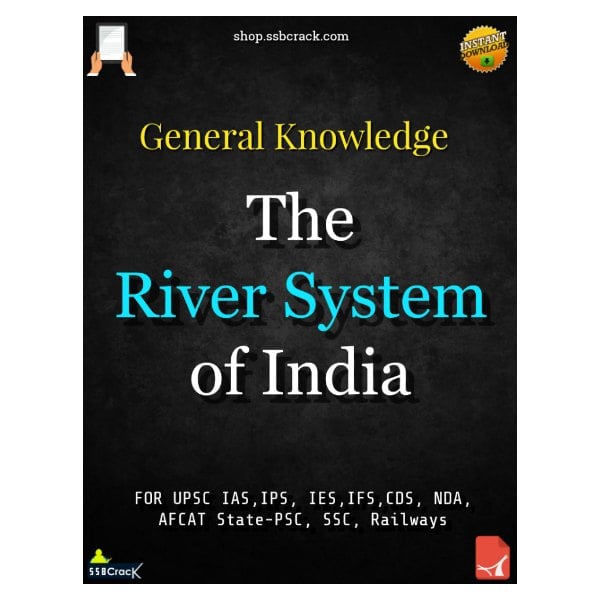
Facts to Remember on Indian Rivers
| General Facts on Indian Rivers |
| The river system of India can be classified into four groups – 1. Himalayan rivers 2. Deccan (Peninsular) rivers 3. Coastal rivers and 4. Rivers of inland water drainage. |
| Luni, Machhu, Banas, Rupen, Saraswati and Ghagghar are examples of rivers with inland water drainage, i.e. they do not empty into the ocean but get lost into the sand. |
| Subarnarekha, Vamsadhara, Nagavali, Vaigai, Netravati and Sharavati are examples of coastal rivers. |
| The longest flowing river in India is the Ganges or Ganga followed by Godavari, Yamuna, Krishna and Narmada. |
| The longest river which flows through India is the Indus which originates in Tibet and enters Pakistan before flowing into the Arabian Sea. |
| The Ganges is also known as the Bhagirathi since King Bhagirath was responsible for bringing it from the heavens to the earth. The part of the River Ganga which flows into Bangladesh is known as Padma. |
| Most of the Indian rivers flow into the Bay of Bengal but some like Narmada,Tapti, Netravathi and Periyar flow into the Arabian Sea. |
| Five rivers of erstwhile Punjab are Sutlej, Ravi, Beas, Jhelum and Chenab |
| The river also known as Dakshin Ganga is Godavari |
| The Brahmaputra is known as Yarlung Tsangpo in Tibet and as Dihang in Arunachal Pradesh. The Brahmaputra river is known as Jomuna in Bangladesh. |
| The river known as Singi Khamban (Lion’s mouth) in Tibet River Indus |
| The river known as Bengal’s sorrow is River Damodar |
| Prayag or Allahabad is believed to be the confluence (sangam) of these rivers Ganga, Yamuna and the mythical Saraswati |
| The number of Indian rivers which have been classified as major rivers by the Government is Twelve. |
| There are three Trans-Himalayan rivers which originate in the high Tibetan Plateau and cut across the mighty Himalayan ranges. Indus, Brahmaputra, and Sutlej. |
Cities and Rivers
| # | City (India) | River |
| 1. | Delhi | Yamuna |
| 2. | Agra | Yamuna |
| 3. | Patna | Ganga |
| 4. | Haridwar | Ganga |
| 5. | Allahabad | confluence of Ganga and Yamuna |
| 6. | Varanasi | Ganga |
| 7. | Guwahati | Brahmaputra |
| 8. | Kanpur | Ganga |
| 9. | Jabalpur | Narmada |
| 10. | Bharuch | Narmada |
| 11. | Lucknow | Gomti |
| 12. | Hyderabad | Musi |
| 13. | Nasik | Godavari |
| 14. | Srinagar | Jhelum |
| 15. | Vijayawada | Krishna |
| 16. | Kolkata | Hooghly |
| 17. | Ahmedabad | Sabarmati |
| 18. | Surat | Tapti |
| 19. | Thiruchirapalli | Cauveri |
| 20. | Cuttack | Mahanadi |
| 21. | Ayodhya | Saryu |
| 22. | Ludhiana | Sutlej |
| 23. | Kullu | Beas |
| 24. | Ujjain | Kshipra |
| 25. | Hampi | Tungabhadra |
| 26. | Pune | Mutha |
| 27. | Vadodara | Vishwamitri |
| 28. | Madurai | Vaigai |
| 29. | Coimbatore | Noyyal |
| 30. | Gorakhpur | Rapti |
| 31. | Nellore | Penna |
| 32. | Kurnool | Tungabhadra |
| 33. | Durgapur | Damodar |
| 34. | Jammu | Tawi |
- Amarkantak an important Peninsular river is in the state of
- Gujarat
- Madhya Pradesh
- Maharashtra
- Rajasthan
Answer : B. Madhya Pradesh
- Name the largest river in south India
- Godavari
- Krishna
- Cauvery
- Mahanadi
Answer : A. Godavari
- Which river is called “Bengal’s sorrow”?
- Yamuna
- Damodhar
- Narmada
- Tapti
Answer : B. Damodhar
- Which of the following rivers in India is shared by large number of states?
- Mahanathi
- Krishna
- Cauvery
- Godavari
Answer : D. Godavari
- The Narmada river rises near
- Amarkantak
- Nagpur
- Abu
- Betul
Answer : A. Amarkantak
- Match list I correctly with list II and select your answer using the codes given below:
List I (Rivers) List II (Water Fall)
- a) Tambarabarani 1) Kapildhara
- b) Saravathi 2) Hogenakal
- c) Narmadha 3) Banatirtham
- d) Cauvery 4) Jog
- 4 3 2 1
- 3 1 4 2
- 2 1 4 3
- 3 4 1 2
Answer : D. 3 4 1 2
- Which indian state is known a land of five rivers?
- Uttar Pradesh
- Punjab
- Haryana
- Gujarat
Answer : B. Punjab
- River wardha is the tributary of
- Godavari
- Krishna
- Narmada
- Sabarmathi
Answer : A. Godavari
- The longest river in the world is
- Cauvery
- Congo
- Nile
- Ganga
Answer : C. Nile
- Which of the following rivers is NOT a tributary of the Ganga?
- Gomathi
- Gandak
- Kosi
- Chambal
Answer : D. Chambal (tributary of Yamuna)
- Which river is called as the male river in India?
- Godavari
- Ganga
- Brahmaputra
- Cauvery
Answer : C. Brahmaputra
- Chambal river flows through the states of
- Maharashtra,Madhya pradesh and U.P.
- U.P. ,Madhya Pradesh and Bihar
- U.P. Madhya Pradesh and Rajasthan
- U.P. Madhya Pradesh and Orissa
Answer : C. U.P. Madhya Pradesh and Rajasthan
- The alternate name of river Brahmaputra is
- Tista
- Tsangpo
- Gandak
- Yamuna
Answer : B. Tsangpo
- The Vaigai river rises in the
- Agasthiyar hills
- Cardamom hills
- Kolli hills
- Varusanadu Hills
Answer : B. Cardamom hills
- Kolkata is situated on the banks of the river
- Ganga
- Hooghly
- Krishna
- Cauvery
Answer : B. Hooghly
- India’s longest perennial river is
- Kaveri
- Narmada
- Tapti
- Ganga
Answer : D. Ganga
- Which river has its source outside of India?
- Ravi
- Beas
- Jhelum
- Brahmaputra
Answer : D. Brahmaputra
- Which one of the following river flows into the Arabian sea?
- Cauvery
- Godavari
- Ganga
- Narmada
Answer : D. Narmada
- West flowing rivers of Peninsular region are
- Cauvery, Nethravathi
- Vaigai, Tambarabarani
- Krishna, Godavari
- Naramada, Tapti
Answer : D. Naramada, Tapti
- Which of the following river does not flow into Bay of Bengal?
- Ganga
- Krishna
- Narmada
- Godavari
Answer : C. Narmada
- The multi purpose project on the river Sutlej is
- Hirakud
- Tungabhadra
- Bhakra nangal
- Ramganga
Answer : C. Bhakra nangal
- Where is Agasthiar falls in Tamilnadu?
- Coutralam
- Kumarar kovil
- Papanasam
- Kalakkad
Answer : C. Papanasam
- Which of the following rivers does NOT pass through Himachal Pradesh?
- Beas
- Chenab
- Ravi
- Sutlej
Answer : B. Chenab
- Himalayan rivers are Perinial because
- south-west monsoon gives rainfall
- north-east monsson gives rainfall
- melting of snow resulting in the flow of water
- get rainfall through out the year
Answer : C. melting of snow resulting in the flow of water
- The river basin which is called “Ruhr of India” is
- Damodar
- Hooghly
- Suvarna Reka
- Godavari
Answer : A. Damodar
- The river Yamuna finally ends at
- Bay of Bengal
- Arabian Sea
- Gulf of Cambay
- Allahabad
Answer : D. Allahabad
- Which river flows westwards?
- Naramada
- Godavari
- Cauvery
- Krishna
Answer : A. Naramada
- Ahmedabad town is situated on the bank of river
- Ganga
- Sabarmati
- Hooghly
- Narmada
Answer : B. Sabarmati
- Which pair is correctly matched?
- Ayodhya – sabarmathi
- cuttack- Narmada
- Vijayawada – Krishna
- Kolkata – Ganga
Answer : C. Vijayawada – Krishna
- The river Ganges rises in
- Lake Mansarovar
- Gangotri
- Badrinath
- Mt.Kailash
Answer : B. Gangotri


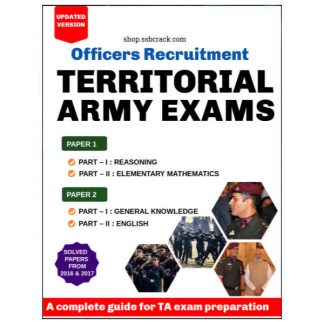
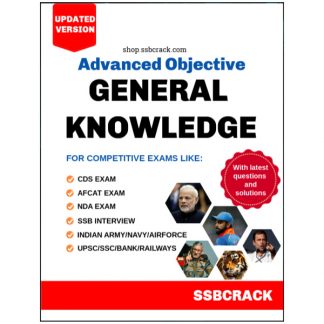

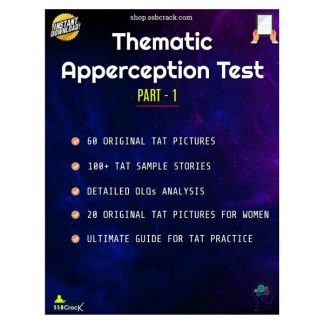
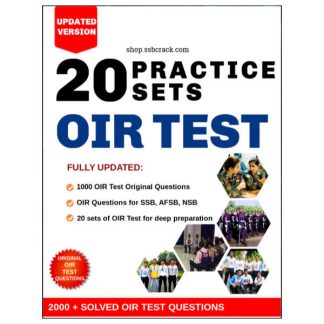



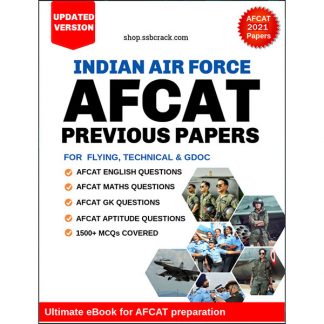
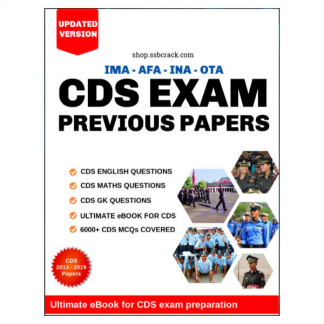
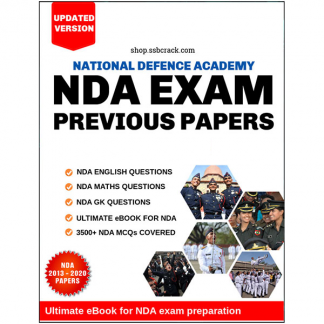
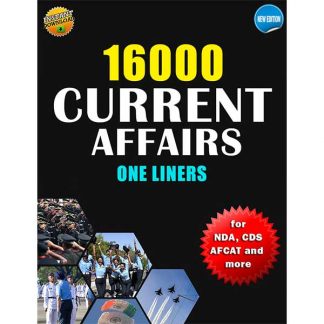
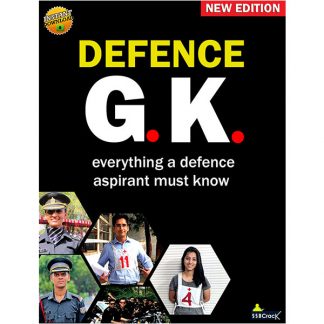
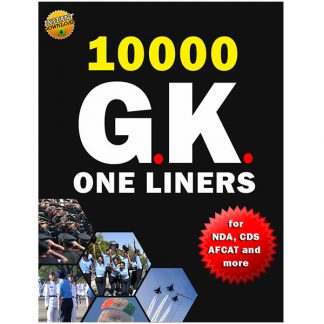




Thank you for providing this valuable info sir….done a good job..keep it up..